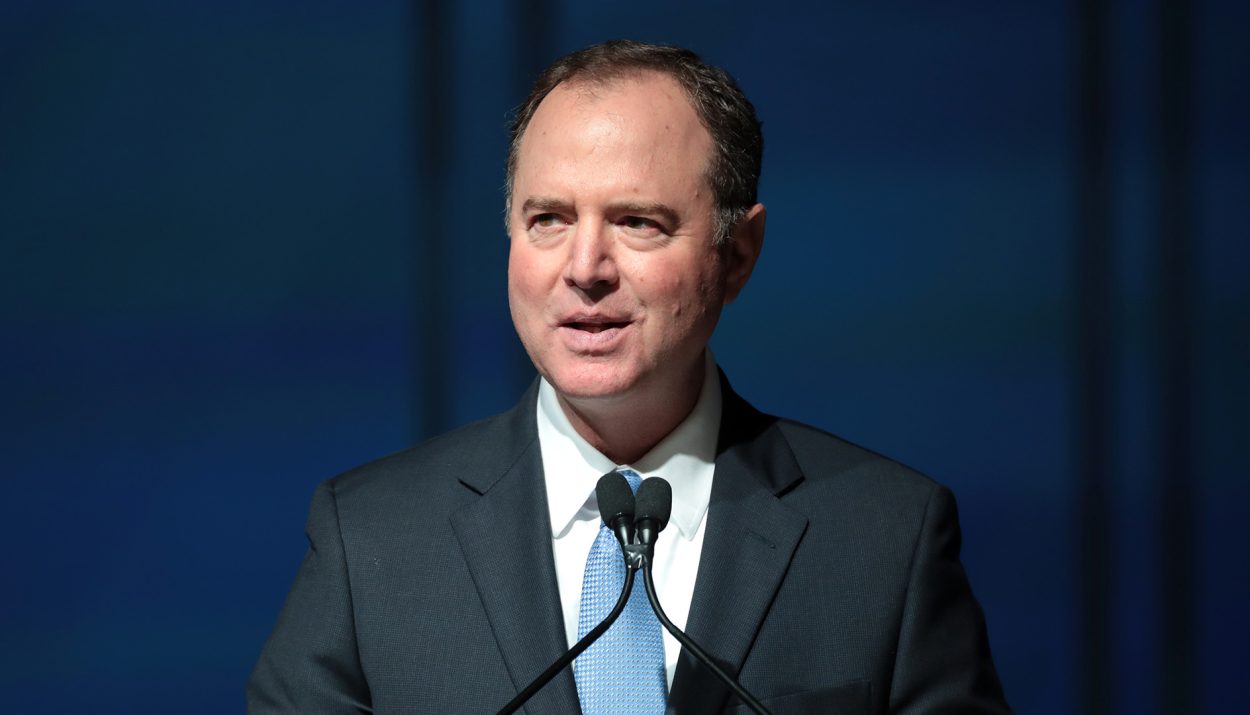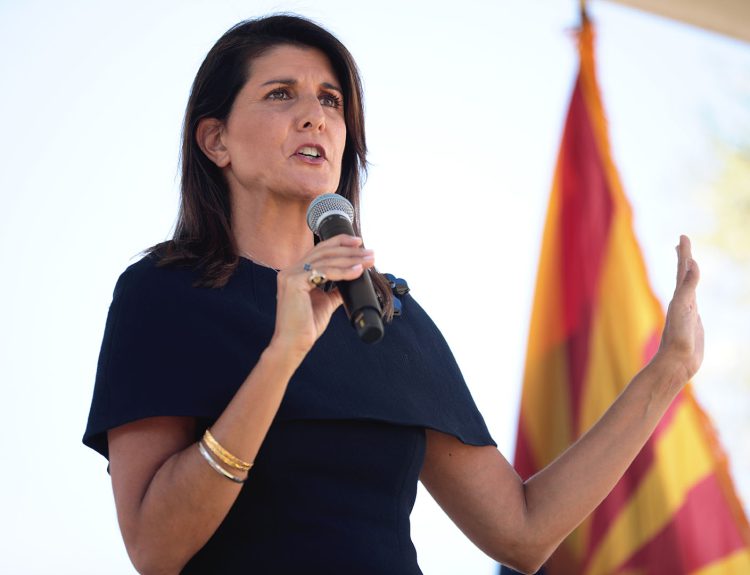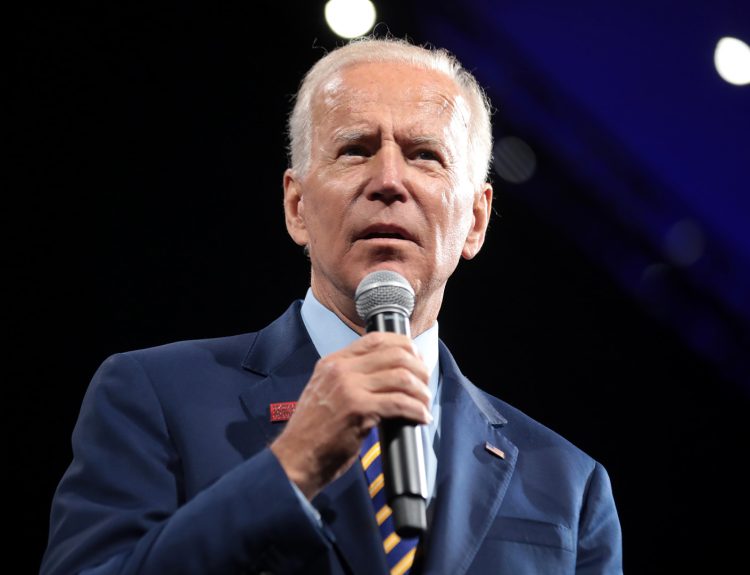The Senate race is heating up in California – evidenced by Monday (Feb. 12) night’s debate between four hopeful candidates. At one point in the discussion, Rep. Barbara Lee (D-CA) shared her support for raising the minimum wage to $50 per hour. One candidate opposed her, while the other two half-agreed with her. Here’s a breakdown of what happened!
What Is The Federal Minimum Wage Right Now?
As of right now, the federal minimum wage sits at $7.50 per hour – $42.50 less than what Rep. Lee is suggesting. The minimum wage is much lower for employees who receive tips – $2.13 per hour, so long as the employee makes at least $7.25 per hour with tips included.
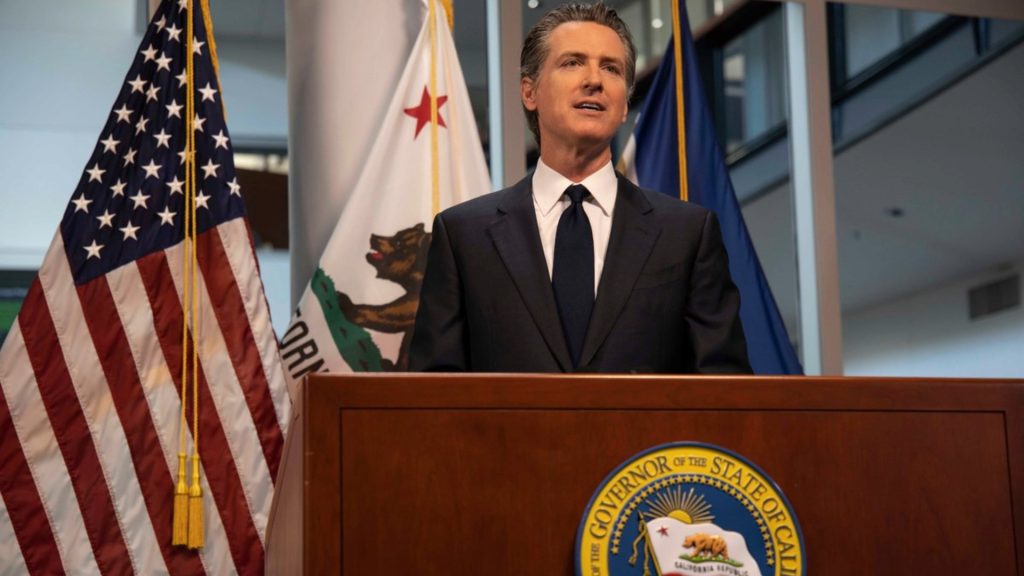
Of course, California is different. It’s one of the most expensive states in the nation and, therefore, has a much higher minimum wage – $16 per hour in most counties, but as high as $19 per hour in others. And, while not everyone is on board with $50 per hour, many are calling for a smaller increase.
Congresswoman Barbara Lee Defends Her Stance
While defending her stance on the minimum wage, Rep. Lee cited a recent report by the United Way (it was published several years ago) that determined that a family of four ‘would need to make $127,332 each year just to meet basic needs,’ according to SFGate. A family of that size would need three full-time minimum-wage jobs to live.
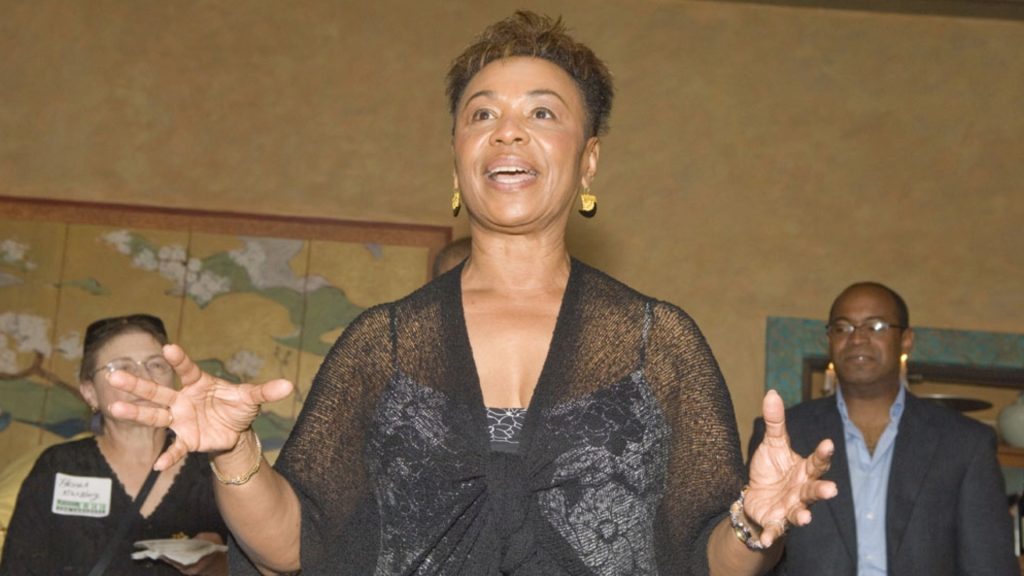
“Another survey very recently: $104,000. For a family of one, barely enough to get by, low income because of the affordability crisis,” Lee said during the debate. “I have got to be focused on what California needs and what the affordability factor is when we calculate this wage.”
Steve Garvey Opposes Raising The Minimum Wage
Of the four Senate candidates included in the debate, only one of them was a Republican – Steve Garvey, the former MVP and World Series champion. He was the only one who thought the minimum wage was where it should be – arguing that it doesn’t need to be changed at all.
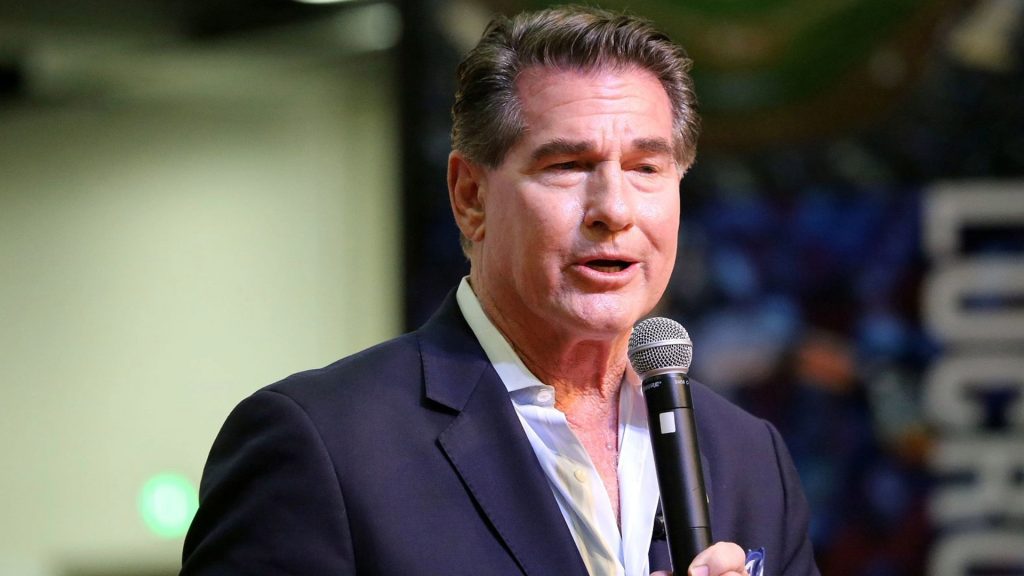
“If you look at what California has done to fast food franchises right now, increasing the minimum wage to $20, and what’s going to happen,” Garvey said during the debate. “That’s going to increase costs for hardworking Californians to go to a franchise to get a Big Mac for $9, it’s going to be $15.”
Adam Schiff And Katie Porter Want At Least $20 Per Hour
Garvey had a point, but it wasn’t getting through to the Democrats – including Rep. Adam Schiff (who’s expected to win the race) and Rep. Katie Porter (a first-time Senate candidate). While they aren’t on board with the $50 per hour minimum wage, they both agree that a small raise is necessary.

In fact, Schiff took exception to Garvey’s comments – arguing that people are homeless and living on the street because they can’t afford a quality life. He called the current minimum wage ‘poverty wages’ and said ‘we have to raise people’s incomes’ if we want anything to change.
What Would Happen If They Raised The Minimum Wage?
Raising the minimum wage in any state (or federally, for that matter) might seem like a good idea from the outside looking in – after all, it puts more money in the pockets of Americans across the nation. With that said, it’s not a perfect solution, and there are some drawbacks that come with it – here are two of the most prominent.
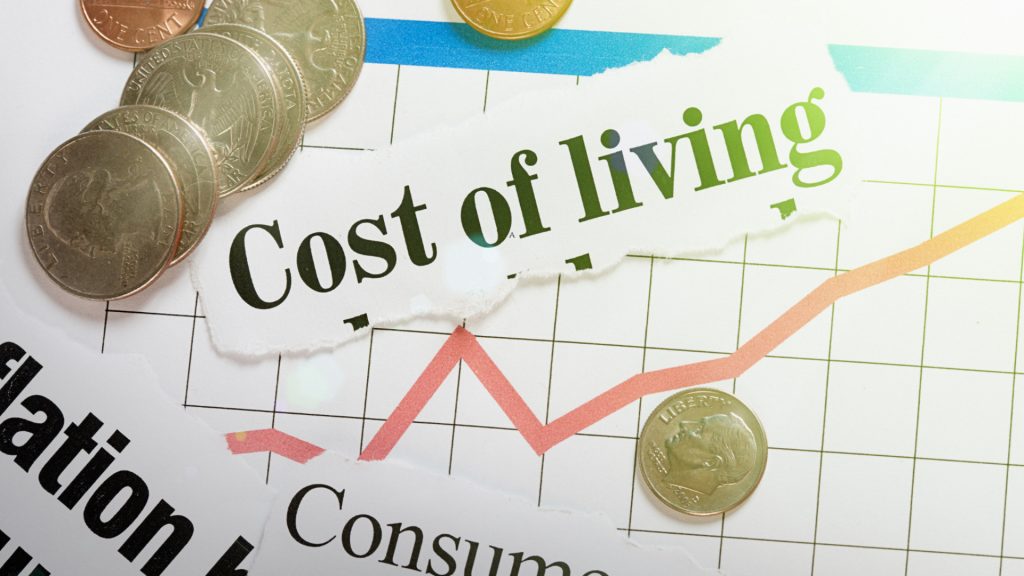
It’s important to consider these drawbacks because, if not accounted for, a higher minimum wage could actually do more harm than good. In fact, some people might end up making less when it’s all said and done – or, even worse, lose benefits (or their job) if it gets raised too high.
1. Someone Needs To Pay For It
One of the biggest downfalls of raising the minimum wage is that someone needs to pay for the increase. Since most businesses don’t have the profit margins to absorb the increase on their own, where do you think that money will come from? That’s right – straight out of every American’s pocket.

To account for the payroll increase, many businesses are choosing to increase prices – Californians might make more money, but they’ll be spending more money on everyday goods and services. In other words, the paycheck looks a lot nicer, but the bills look heftier and heftier.
2. People Will Lose Their Job (Or Benefits)
Some studies suggest that a rise in minimum wage often corresponds to a loss of benefits – and, in more severe cases, a loss of a job. With employees making more per hour, some companies are deciding to offset the difference by reducing the amount of money they spend on benefits.

While this doesn’t always equate to those benefits being removed, it does equate to companies scheduling their employees less – enough so they aren’t eligible for benefits. Not only are they losing money, but they lose health insurance, retirement accounts, etc. As you can imagine, this creates a never-ending cycle of financial instability – the same thing politicians are trying to solve.
Researchers Have Been Warning Of This For Years
Wanting to raise the minimum wage is nothing new in California (or the country, for that matter). Of course, with change comes opposition – and there has been plenty of it over the past few years. One researcher warned of the implications a higher minimum wage would have on both employees and customers during an interview with FOX Business last year.

“Apologists for the minimum wage routinely claim that increasing it will help low-income workers and have no negative effects,” said E.J. Antoni. “They often cite corporate greed as the only reason for relatively low wages in places like the fast-food industry. In reality, raising the minimum wage reduces employment, and causes the higher cost of labor to be passed on to customers.”

